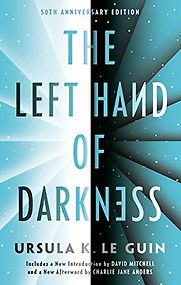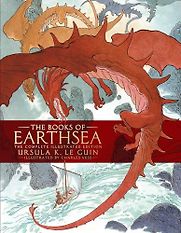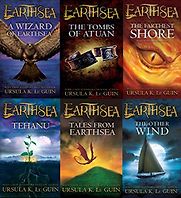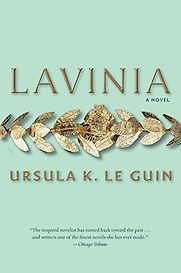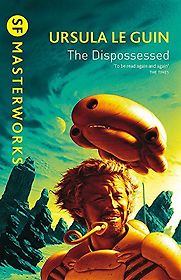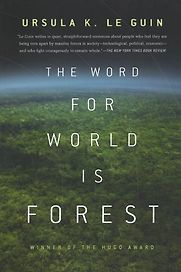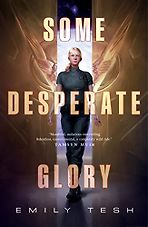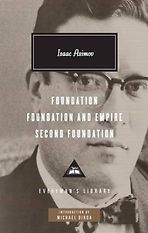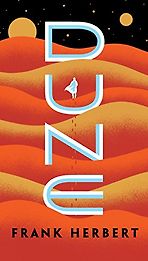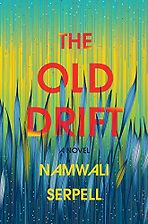Recommendations from our site
“In one of the introductions that it has been published with, she specifically describes it as a thought experiment. It’s a simple idea: what if there was no gender? What if people were neutral in their gender, and only took on gender characteristics for sexual reproduction? If anybody could take on either masculine or feminine characteristics, and if throughout your lifetime you might be both, then what would it mean? We have a world thoroughly saturated with gender difference and patriarchal worldviews, and Le Guin makes us realize how true this is by the contrast.” Read more...
Sherryl Vint, Literary Scholar
“The setting of The Left Hand of Darkness is a world where the inhabitants are humans, or very closely related to humans, with the exception that they don’t have a gender most of the time . . . This is a setting that makes us challenge and question some of the things that most of us consider pretty fundamental to our human identity.” Read more...
“Ursula Le Guin may be the writer I most admire. The Left Hand of Darkness, published in 1969, may be her best novel….The Left Hand of Darkness is often discussed, and indeed taught, as a machine for thinking about gender, and it performs that function admirably. But there is much more to it than that. There is a rather dangerous gender-essentialism in the assumption that Le Guin, being female, must have subordinated her aesthetic project to feminist proselytising. Le Guin’s writing is always much more balanced than that. Indeed, that balance as such forms one of her major concerns.” Read more...
Adam Roberts, Novelist
“The Left Hand of Darkness by Ursula Le Guin doesn’t deal with technology but Le Guin uses fiction to perform a thought experiment. Hers is to say what the world would look like if gender was not an issue. She imagines a world where a state of gender fluidity means that people could transfer from male to female and back again…..She imagines a world where a state of gender fluidity means that people could transfer from male to female and back again.” Read more...
The best books on Alternative Futures
Catherine Mayer, Politician
The Left Hand of Darkness is probably Ursula le Guin‘s most famous book. Like Dune, it allows us to explore a complex alien culture through the eyes of a visitor; in this case, the diplomat Genly Ai who has arrived on the planet of Gethen as part of a mission to persuade its inhabitants to join the Ekumen, a loose confederation of planets. Gethen, like Dune‘s Arrakis, has an extreme climate; at one stage, Ai treks with a Gethen native across an ice sheet for 80 days, almost losing his life in the process. And like Dune, we are introduced to an alien religion with prophetic elements. The Left Hand of Darkness is best known as a study of gender—the residents of Gethen take on characteristics of both sexes, but only at certain times, and this has profound impacts on its culture and social hierarchies. Fascinating and thought-provoking.
From our article Books like Dune
No reading list covering gender in speculative fiction would be complete without reference to Ursula Le Guin’s classic work. The Left Hand of Darkness follows a diplomat from an interplanetary alliance on his first approach to an icy planet, whose most intelligent life forms are largely androgynous, but—when they come into heat—can become either sex. Neither dystopian nor truly utopian, Le Guin’s book is a fascinating and immersive study of an imaginary alien culture that throws a great deal of light upon our own. This Lithub essay by the novelist Becky Chambers offers some further insight into the significance of Le Guin’s gender-queer masterpiece.
From our article Books like The Handmaid’s Tale
